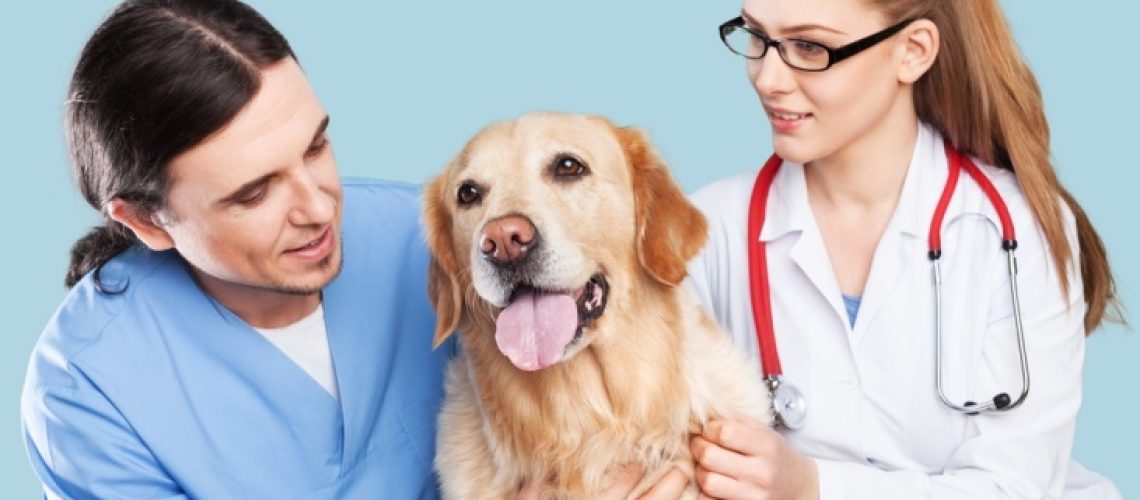Just pampering your pets is not enough, as a responsible pet owner, an individual should be vigilant about their health and well being. Vaccines help prevent illnesses that affect pets adversely. Vaccinating your pet is perhaps, one of the easiest ways to help him live a long and healthy life. There different vaccines for different diseases, as well as there are different types and combinations of the same. Vaccination is a procedure, whose risks and benefits that must be weighed for every pet-related to his/her lifestyle and health. A veterinarian can determine a low-cost pet vaccinations regime that will provide the safest and best protection for your animal.
The Pet Vaccinations
Vaccines are very important for taking care of the health of your pet. It is a fact that not every pet needs to be vaccinated against every disease. It is very important to take suggestion from an expert veterinarian a vaccination protocol that’s right for your pet. Factors that should be examined include age, medical history, environment, travel habits and lifestyle. Most vets highly recommend administering core vaccines to healthy pets.

The Time and Frequency
A veterinarian is certainly the best person to determine a vaccination schedule for a pet. It will entirely depend upon the type of vaccine, age of the pet, medical history, environment.
For Puppies-If, the mother has a healthy immune system; a puppy will most likely receive antibodies in mother’s milk while nursing. Puppies should receive a series of vaccinations commencing at six to eight weeks of age. A veterinarian should administer that there is a minimum of three vaccinations at three- to four-week intervals. The final dose should be given at the age of 16 weeks.
For adult dogs: Some adult dogs might be given certain vaccines annually, while other vaccines might be given every three years or longer.
Risk Associated with Vaccination
An immunization mildly stimulates the immune system of an animal in order to create protection from specific infectious diseases. This stimulation can create mild symptoms, ranging from soreness at an injected site to fever and allergic reactions.
There are some other, less common side effects like tumours at the injection site and immune disease associated with vaccination. It is noteworthy that vaccines have saved countless lives and play a vital role in fighting the battle against infectious diseases. As with any medical procedure, there is a slight chance of side effects. In most of the cases, the risks are much slender than the risks of disease. It is very important to consult a veterinarian about your pet’s medical history before he/she is vaccinated.

The Final Conclusion
It is best to schedule your pet’s appointment for vaccination so that you can monitor him/her for any side effects following the procedure of the vaccination. If it is suspected that your pet is having an adverse reaction to a vaccine, one should call a veterinarian immediately. If you are struggling to find a specialist for the vaccination of the pets, Ask the Vet is just a perfect solution. We specialize in providing expert pet care in a friendly environment and that too, at a very reasonable price. This is the prime reason that we are one of the most trusted pet care centre.

